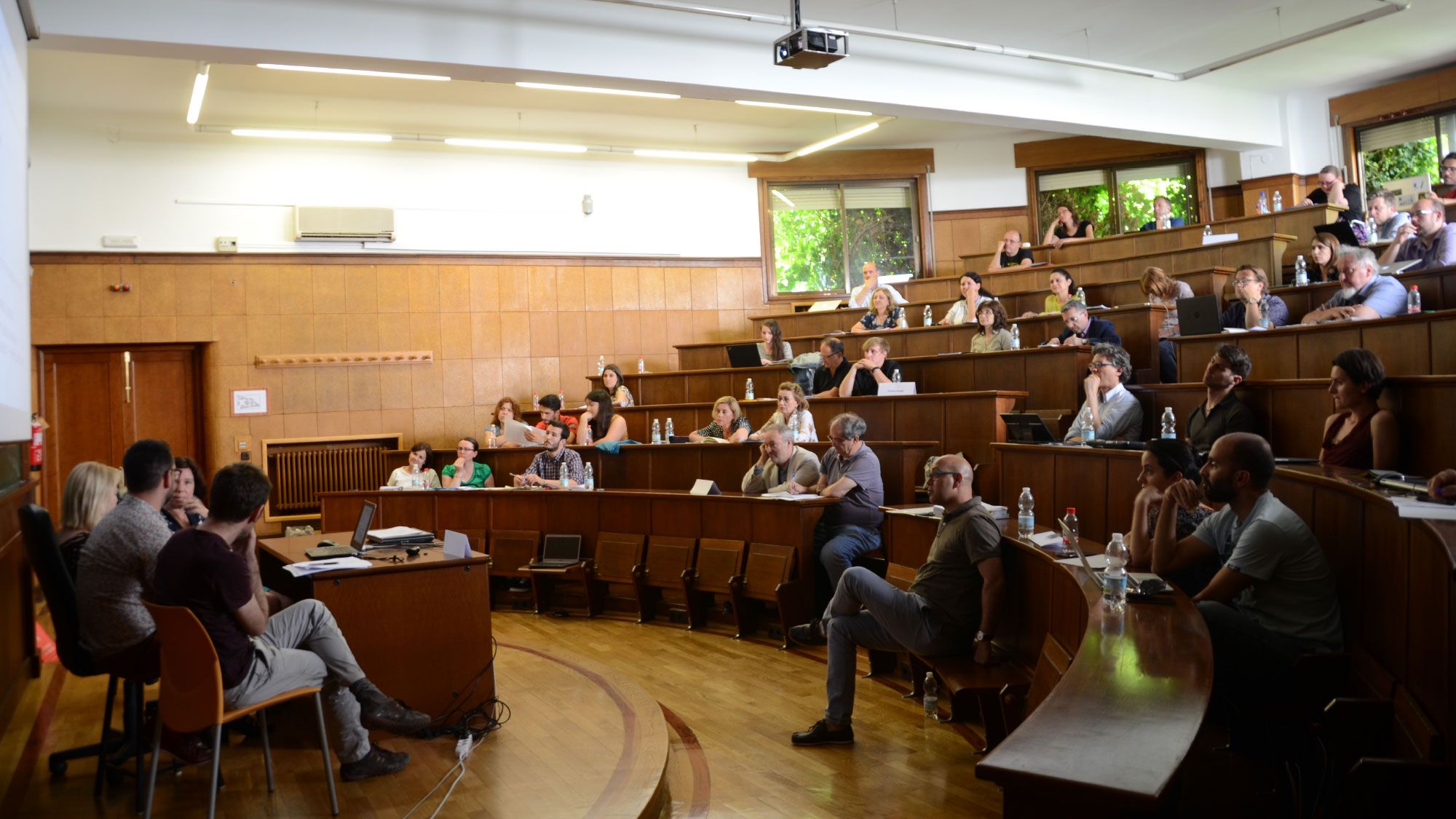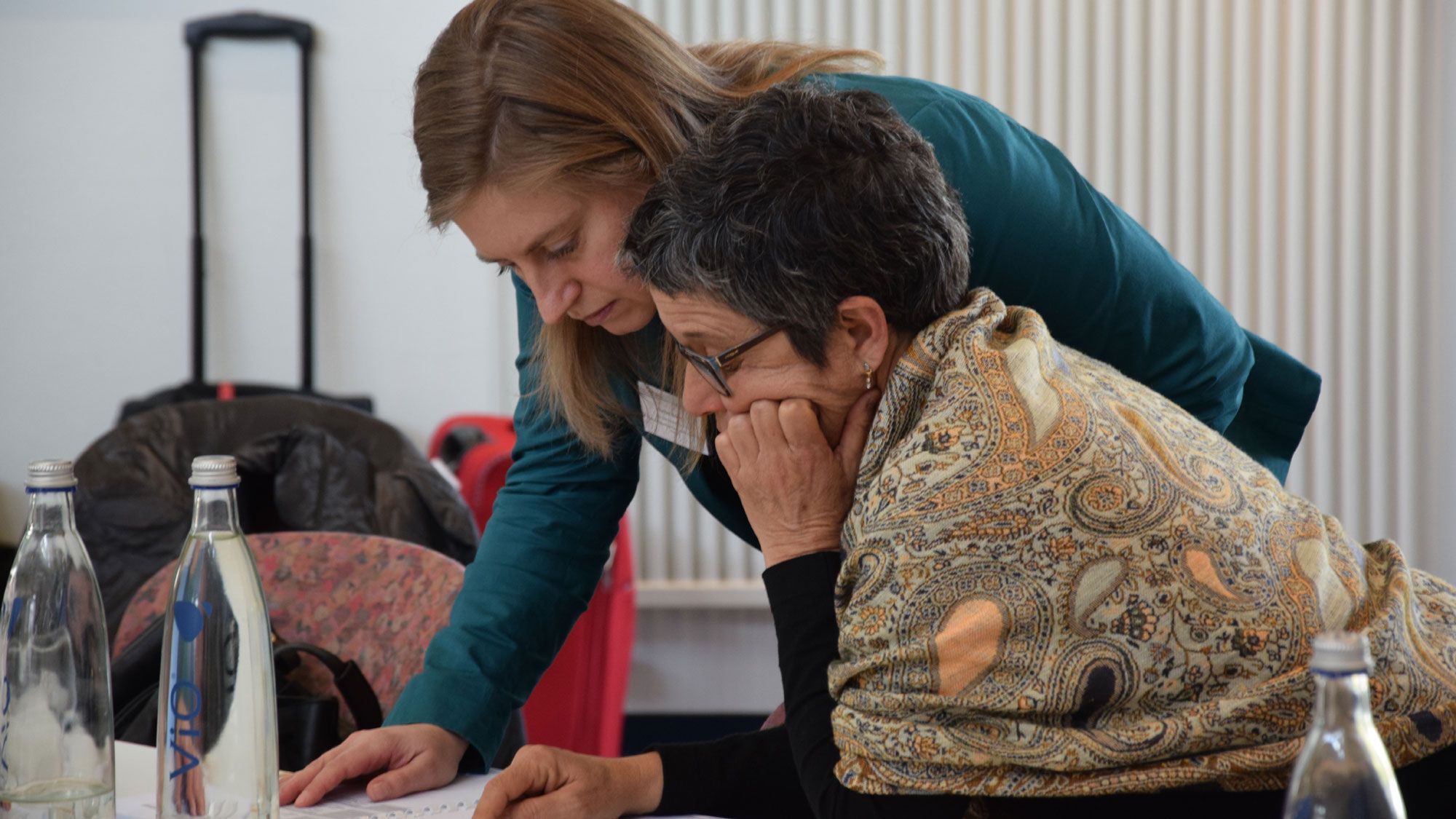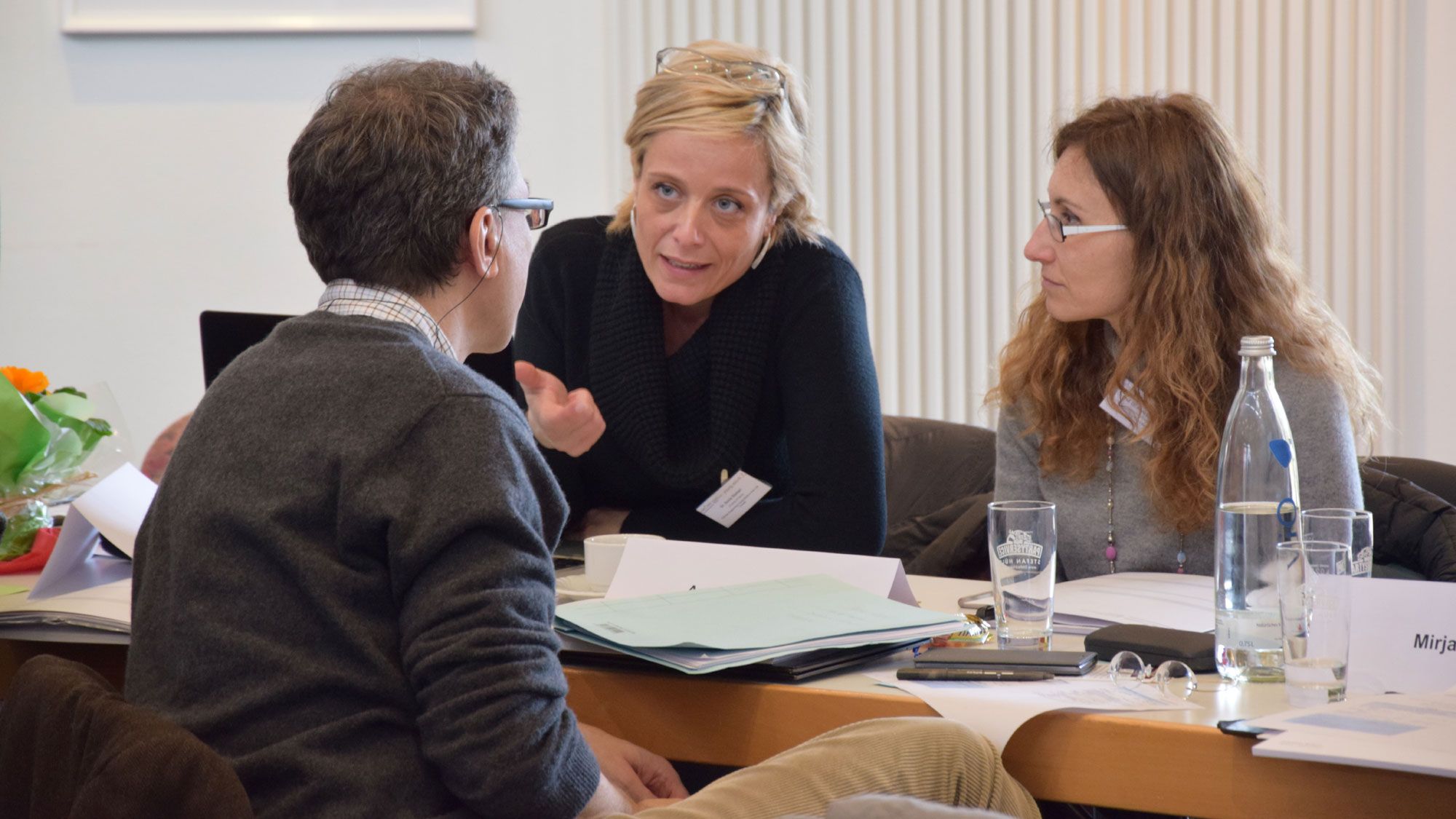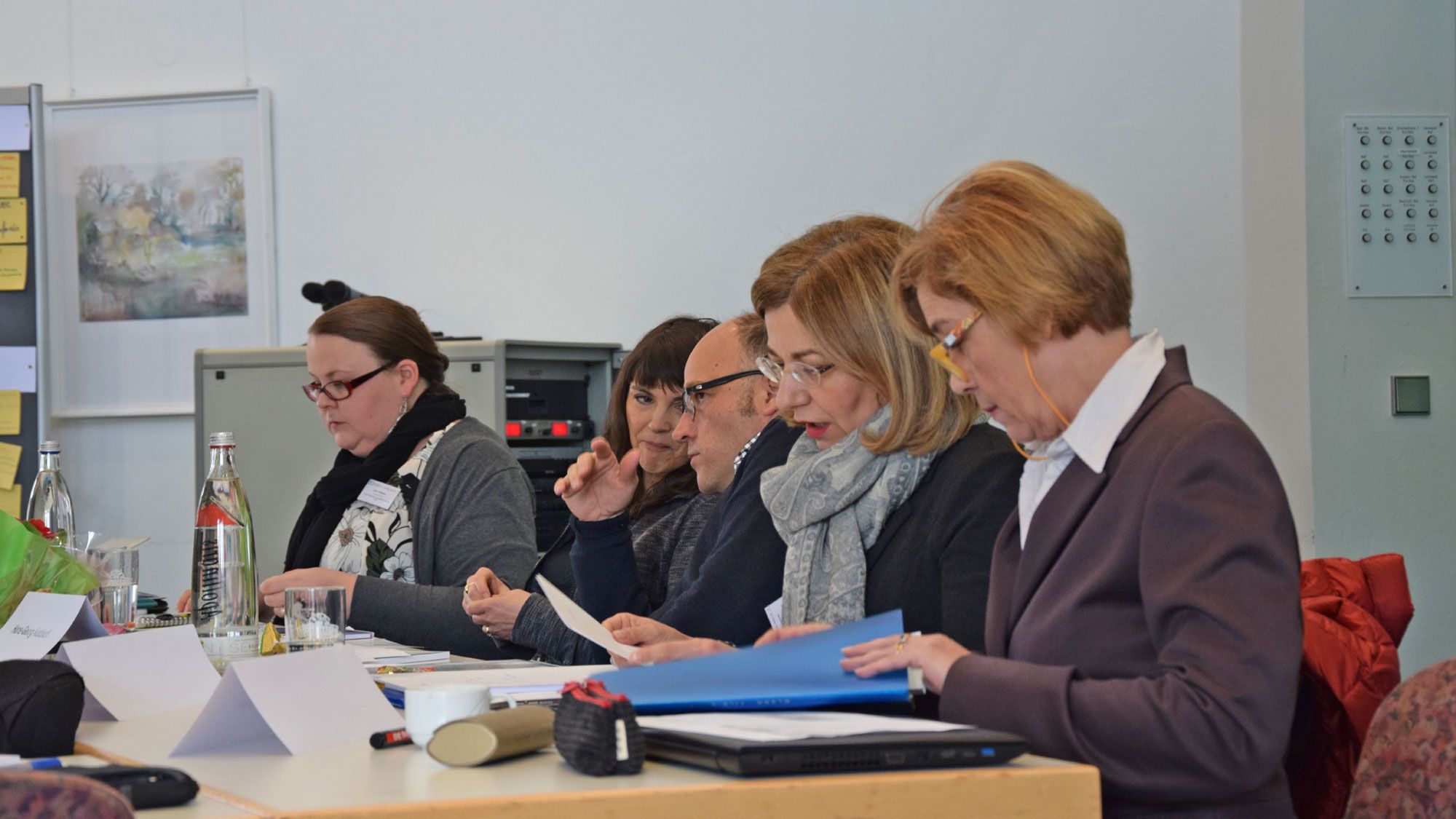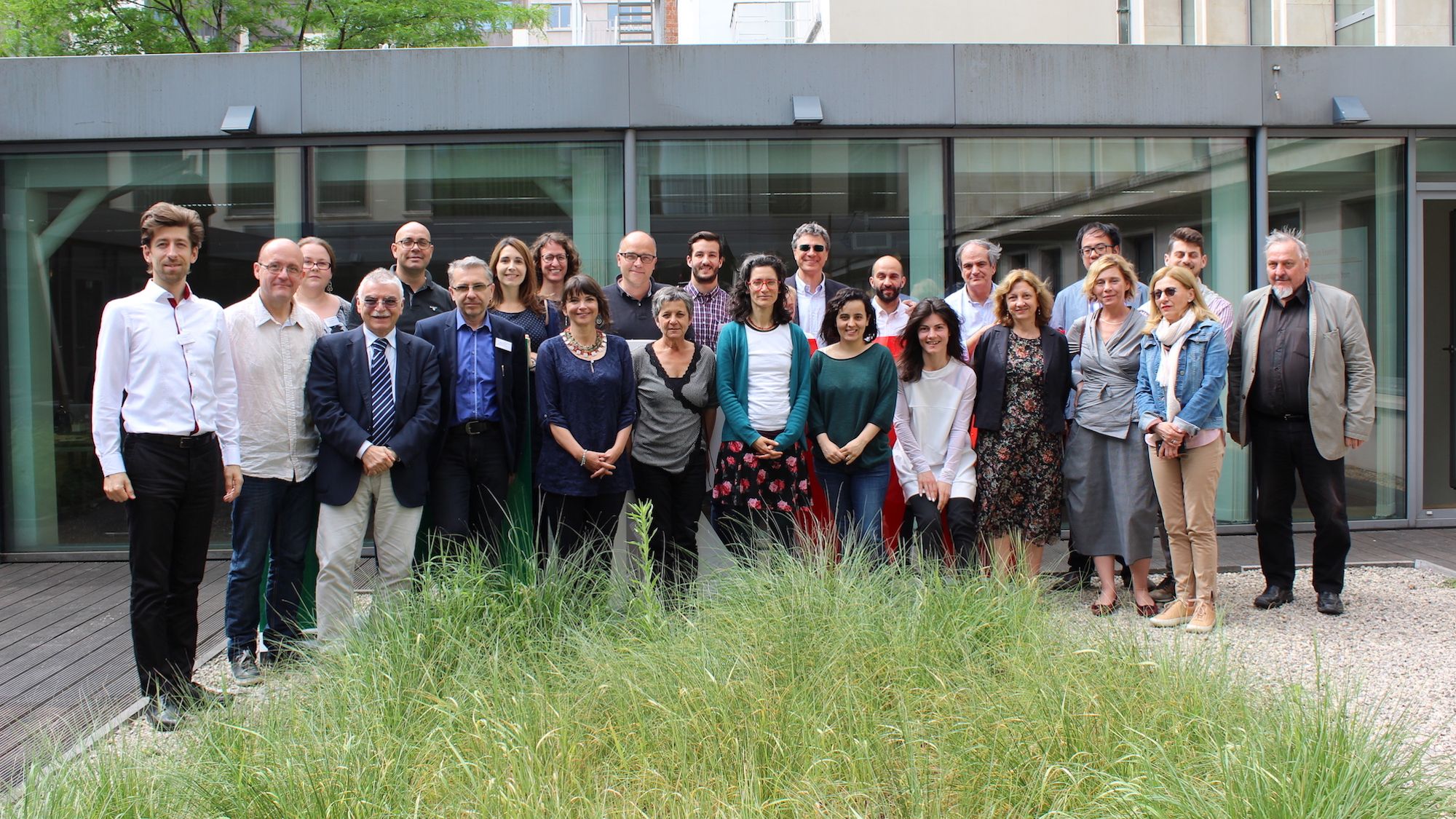Life Course
The life course consists of ‘age graded transitions through institutions and social structures, and is embedded in relationships that constrain and support behavior – both the individual life course and a person’s developmental trajectory are interconnected with the lives and development of others’ (Elder 1998). Unlike the concept of the life cycle which understands the individual life as linear normative age related stages in a developmental process, the life course theory builds upon the interplay between a contextualist and biographical approach. The key transitions in the life course are embedded in social time and place – social circumstances and historical events influence transitions (Heinz, 2009). At the same time individuals actively construct their biography and individual agency is employed in the sequence of events in the life course, in the construction of interpretive accounts and meaning making processes.
The institutionalized constructions of the life course define normal patterns of transitions for age and gender which are supported by policy while at the same time trying to limit deviance. Social change however constantly undermines such notions of normality. The life course perspective includes all stages of the life course recognizing that developmental growth continues through adulthood into old age. It therefore suggests a holistic approach promoting an ecological model, placing families and individuals in the context of historical, demographic, and social change, as well as a multidisciplinary focus. Life course research is comparative in essence and often applies a case study logic to the comparisons on the basis of qualitative research thus providing thick descriptions of small number of cases with interactions between many variables.
Research in this field has highlighted overall social developments such as rapid demographic change and life course de-standardisation processes, showing that the course and sequence of the phases in the life courses can no longer be taken for granted but are becoming increasingly insecure and uncertain, especially for young adults.
In the light of the above, Life Course Research offers an established research methodology to look into the individual and subjective dimensions, investigating the vastly diverse living conditions of young adults across Europe, their plurality in terms of youth cultures, life styles, young people’s life projects, professional choice and trajectories in the labour market, in particular with reference to gender, migration and other dynamics (Nilsen et al., 2012). In addition Life Course Research offers a logical framework to research young adults’ perceptions and expectations, of their informal/non-formal competences and their ability to create subjective meaning and continuity along the different phases, domains, and spheres of their life courses. YOUNG_ADULLLT studies how these differences mediate and influence Lifelong Learning policies, thus partially explaining their effectiveness or ineffectiveness.
References
Elder, G. (1998). The Life Course as Developmental Theory, Child Development, Vol. 69, No. 1 (Feb., 1998), pp. 1-12.
Heinz, W. R. (2009). Youth transitions in an age of uncertainty. In Furlong, A. (Ed.) Handbook of youth and young adulthood. New perspectives and agendas. London, New York: Routledge, pp. 3-13.
Kohli, M. (2005). Generational changes and generational equity, in Johnson, M., Bengtson, V. L., Coleman, P. & Kirkwood, T. (Eds.). The Cambridge handbook of age and ageing, Cambridge: Cambridge University Press. Available online: http://www.fall-berlin.de/kohli/pub/lit/Cambridge%20Handbook.pdf[13 –4 –2006].
Nilsen, A., Brannen, J. & Lewis, S. (Eds.). (2012). Transitions to parenthood in Europe. A
comparative life course perspective, Bristol: Policy Press.
Settersten, R. A. Jr. & Owens, T. J. (Eds.). (2002). Advances in life-course research: New frontiers in socialization, London: Elsevier Science, Ltd.
This entry is a revised version of the one in Up2Youth Project Glossary:
(Siyka Kovacheva, Thomas Verlage & Andreas Walther)




